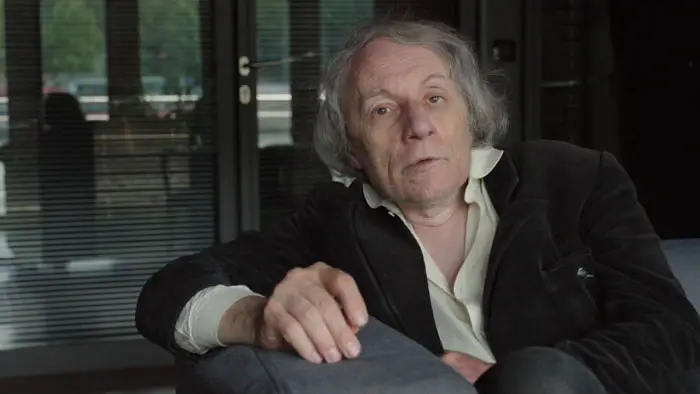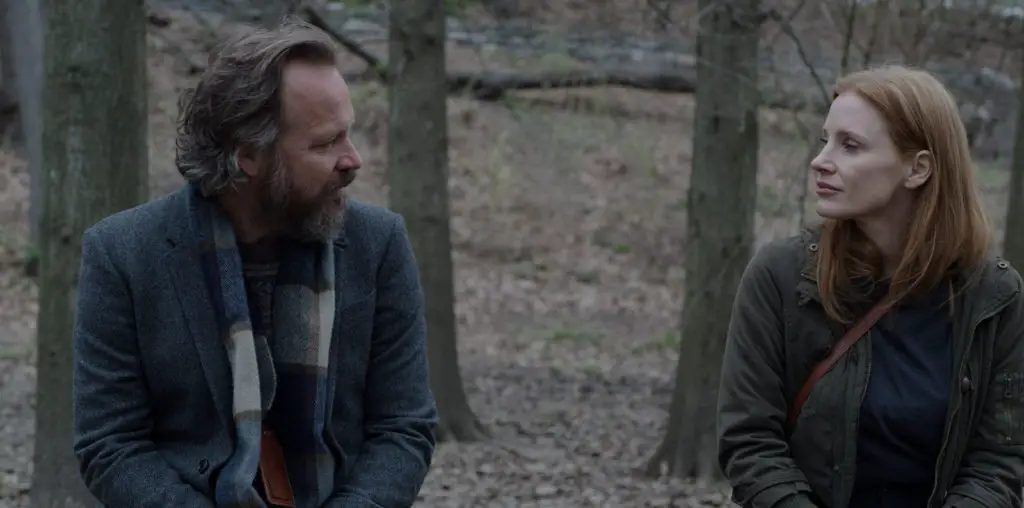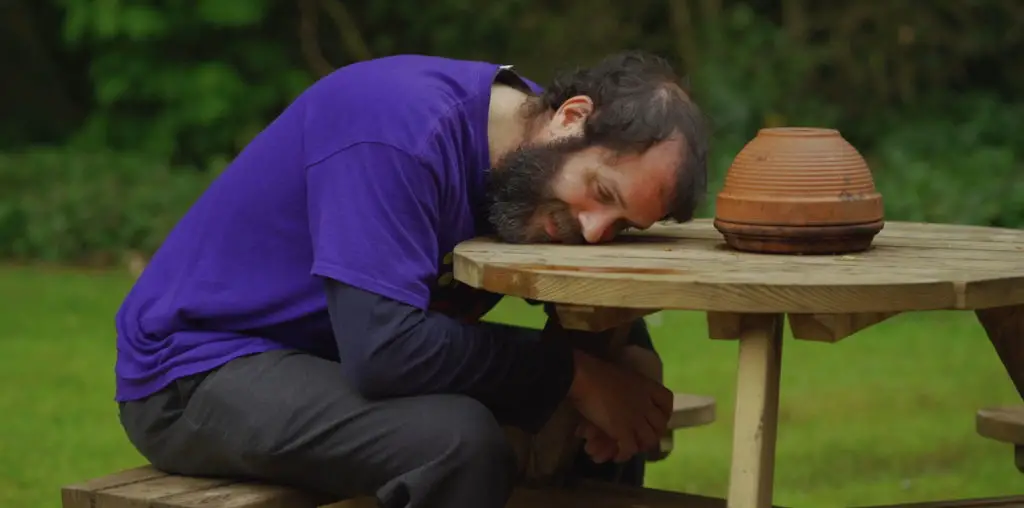
Mental illness has a long history on celluloid. With a few notable exceptions, it’s traditionally been a subject used to create nefarious characters in varying genres or as an increasingly uncomfortable source of comedy. Societal norms have come a long way, though, and just as advances in medicine have allowed for an increased understanding and acceptance of those living with these conditions, cinema is approaching the subject with more nuance than ever before. In co-writer/director Nicolas Philibert and co-writer Linda De Zitter’s essential documentary, On the Adamant, we’re given first-hand access to a novel approach to treating and embracing those with mental illness.
Leave it to the French to take such a clever idea and run with it. The Adamant is a psychiatric hospital on the banks of the Seine in Paris that also doubles as an activity center, café, library (complete with a substantial DVD collection), and art center. Philibert takes us inside the Adamant, allowing the patients (or “passengers” as the filmmaker prefers) to give us a guided tour of all of what goes on. Americans who are more accustomed to the lifeless, soul-crushing atmosphere of institutes in the States will be shocked at the thriving atmosphere of acceptance and creativity on display.

“…a psychiatric hospital on the banks of the Seine in Paris that also doubles as an activity center, café, library, and art center.”
Of course, On the Adamant never seeks to minimize the effects of mental illness. Many of the patients have suffered great tragedies as a result of their afflictions, but the uplifting nature of the facility makes for a comfortable environment for the inhabitants to grow and prosper, even if a traditional lifestyle may be out of reach for many. However, whereas traditional medicine may have sought to confine and minimize the inner workings of their minds, the doctors and nurses working here allow their creative juices to flow. The filmmaker proves that even under challenging conditions, with the proper treatment and ample encouragement, the ability to live a fulfilling life remains a priority for the residents.
Fiscal challenges being what they are in healthcare across the world, times are tough for the patients and staff working on the Adamant. The film gives a sense that the future of the facility may be in jeopardy and that we may be witnessing a rare embrace of humanity that could have an expiration date. While that puts a damper on one’s general expectation of the future, even this potentially fleeting glimpse of humanism is inspirational.
Far from the padded walls of cinema’s past, On the Adamant humanizes those living with mental illness and reaffirms their lasting value to society. There’s so much more to be done than pumping patients full of sedatives, stuffing them in a room, and throwing away the key. Any documentary that reminds viewers of the value of the human mind is one that demands to be seen on the grandest scale imaginable. In a perfect world, Philibert’s film will serve as a wake-up call for reconfiguring how we approach the treatment of mental illness on a global level.

"…humanizes those living with mental illness and reaffirms their lasting value to society."


